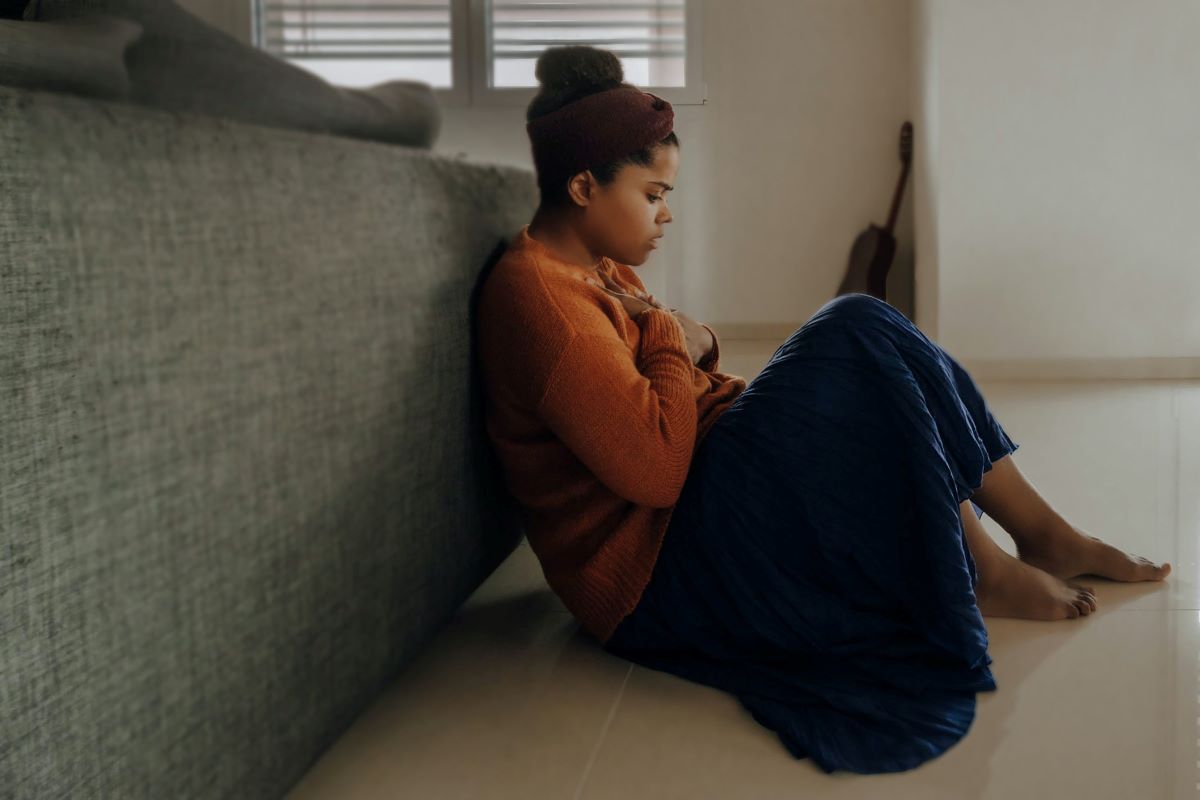Everyone worries about their health. Daily, we see messages about improving our lifestyle or the threat of illness. Right now, the Covid-19 crisis is pretty much at the forefront of everyone’s minds. Thus, it is not surprising that everybody is extra frightened.
It is essential to look after yourself. You need to have a good relationship with your doctor. It’s also crucial to go for screening and protect yourself from illness. But for a lot of people, all of that can create a lot of anxiety. They may continuously worry, which causes an unnecessary amount of distress.
Stress itself can cause you physical harm, but it doesn’t have to. Like general anxiety, social anxiety and any other kind you can think of, it can be managed. Today we are going to look at what health anxiety is and what you can do about it.
What is Health Anxiety?
Health anxiety is worrying excessively about becoming ill. You worry about developing a particular disorder or that a small change in your body means something is seriously wrong. You might worry about an existing condition getting worse.
For people with Hidradenitis Suppurativa, anxiety about one’s health is particularly problematic. Because of regular flare-ups, you might find yourself in unhealthy thought patterns. Health anxiety can look like:
- Worrying a lot during a flare-up.
- Fear of infection, even when the wound is healing.
- Scared to see a doctor.
- Worrying about getting a flare-up.
- Thoughts that flare-ups are your fault because you did X, Y and Z.
- Worrying overly about developing other related conditions.
Now, I am not talking about Illness Anxiety Disorder. IAD is a medical diagnosis belonging to a set of disorders called somatic disorders. With IAD you worry all the time even when nothing is wrong, it is constant and debilitating. If you have concerns about Illness Anxiety Disorder, you should talk to your doctor.
What I am talking about are ruminations about potential threats to your health. It’s important to know the difference between health anxiety and concern for an open wound. For instance, it is reasonable to worry that something that causes infection and pain may get worse. But not to fear to the point that it keeps you awake at night and scared during the day.
Taking Back Control
Health anxiety can challenge your ability to cope. But there are things you can do.
1. Make a plan

Anxiety makes us feel like everything is out of control. But if you have regular flare-ups, you have a routine. So, write that routine down. And next time you feel anxious, read over it.
Write out what you will do, what you will use. Also, do an inventory check. Do you have enough washcloths for compresses or enough of your preferred cream? Do you have dressings? What kind of things will make you feel better? What about comfy leggings?
Check in with yourself psychologically and make an anxiety plan. Colouring books, funny videos on YouTube or light yoga can be great distractions. We even have a yoga series here.
2. Reflect on your Anxiety

If this is a big problem for you, you might have a think about what could be causing it. HS can be worrying or even scary, especially if you are new to it. But perhaps your anxiety is not triggered by the disease itself.
For me, my health anxiety comes from a traumatic medical procedure during my teens. Now I work on separating the past from the present. And when I see a doctor, I explain that I get triggered, so they know to be gentle with me.
Do you have worries like that? If any of this sounds like you, try talking to someone you trust. Anxiety can be so overwhelming when it’s all locked up in your head.
3. Learn about HS

So far, we have talked about anxiety in those who have been dealing with HS for a while. But you could also be new to this. And if you are and you are anxious all the time, that’s normal.
Your first step is to figure out how HS affects you. You can keep a diary to track patterns like symptoms and triggers. Some people find that their flare-ups are more common at certain times. Like when you eat a certain kind of food or around your period. When you’ve done that, go and make that plan we talked about in tip 1.
Your second step is to learn about HS. You can find a lot of information on the HidraWear blog, and don’t forget to ask your doctor questions. If you don’t know how to talk to your doctor, there’s a post here that can help you.
The Takeaway
Of course, it’s not only people with HS that have anxiety about their health. Some people, they worry about developing a particular disease or disorder. The most common, I imagine, is worrying about cancer. And of course, lots of people google their symptoms which is more likely to produce anxiety than ease it. All anxiety is valid because you feel how you feel regardless of whether you are in danger or not.
Some people worry that if they voice their concerns, they will be “bothering their doctor.” Remember, you know your body and your needs best. It’s their job to make sure you are healthy and you deserve help. Even if it turns out, nothing is wrong. As well as that, if you are concerned about your anxiety being the main problem, that is worth examining too.
Anxiety is normal but hard to live with, so plan, reflect and learn. You’ve got this and don’t forget to ask for help.
About the Author

Shannon Sweeney is MA student in Community Research & Journalism from Ireland. She is also living with HS and has a keen interest in lifestyle, wellbeing and hidradenitis suppurativa.


